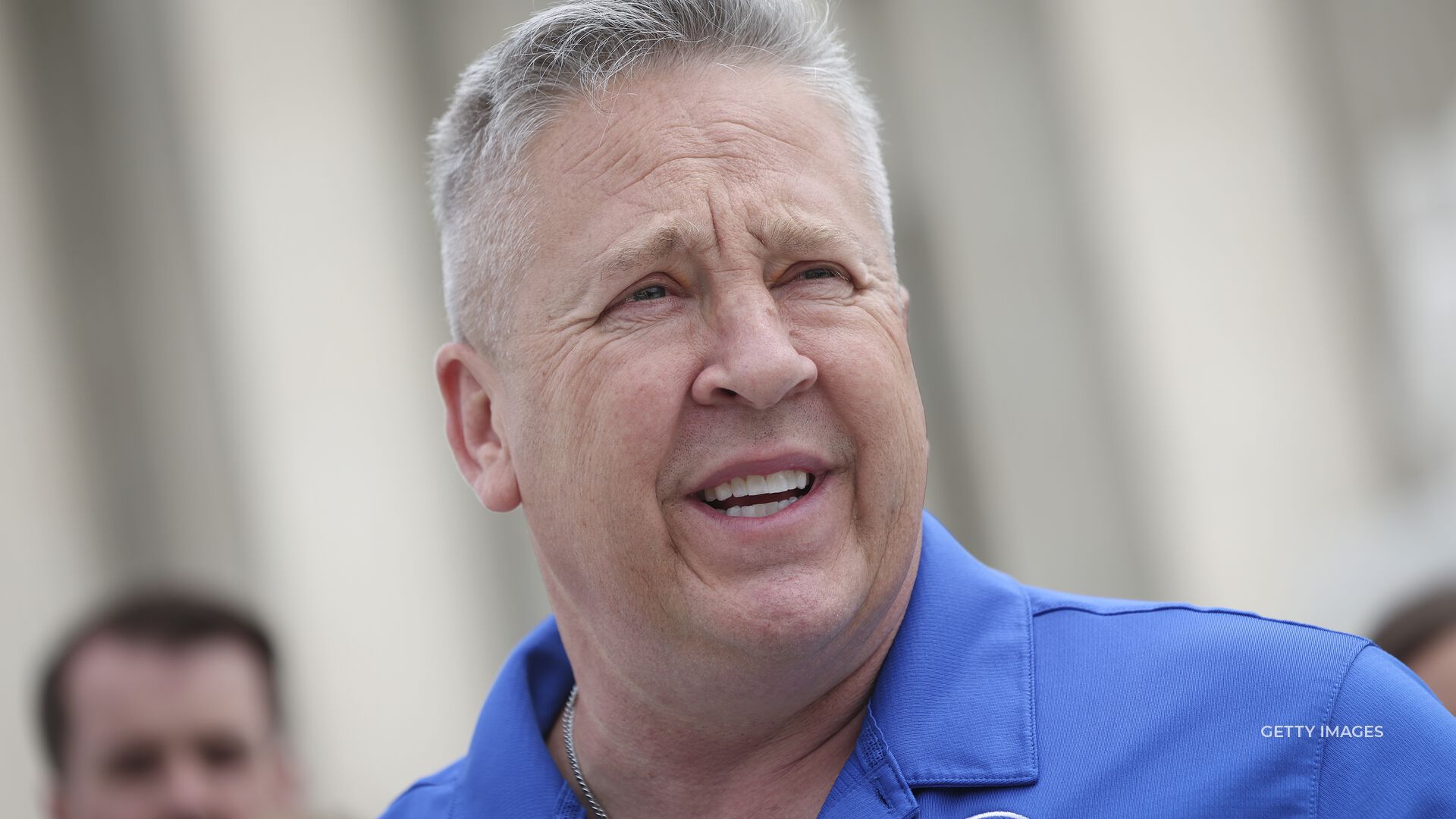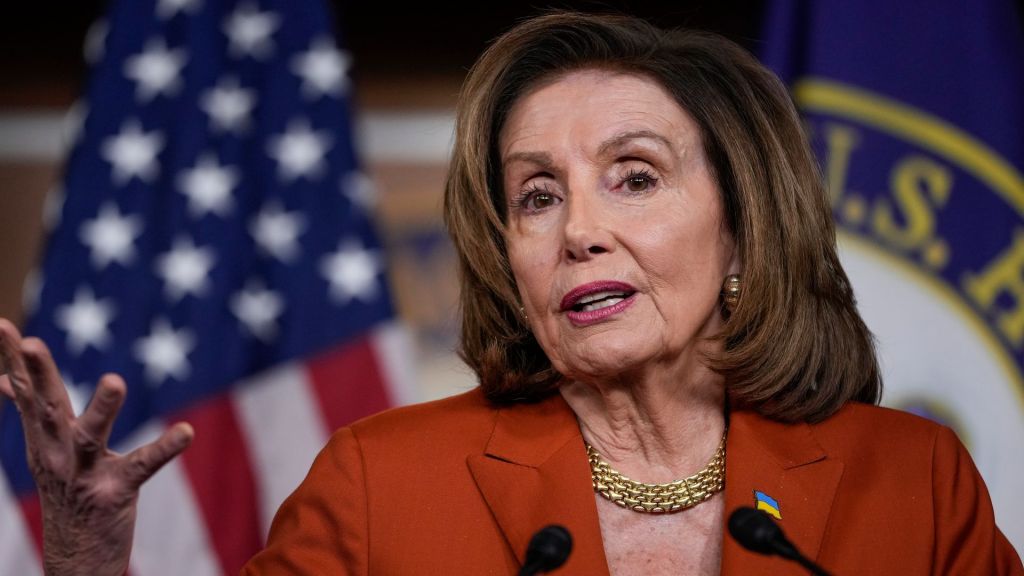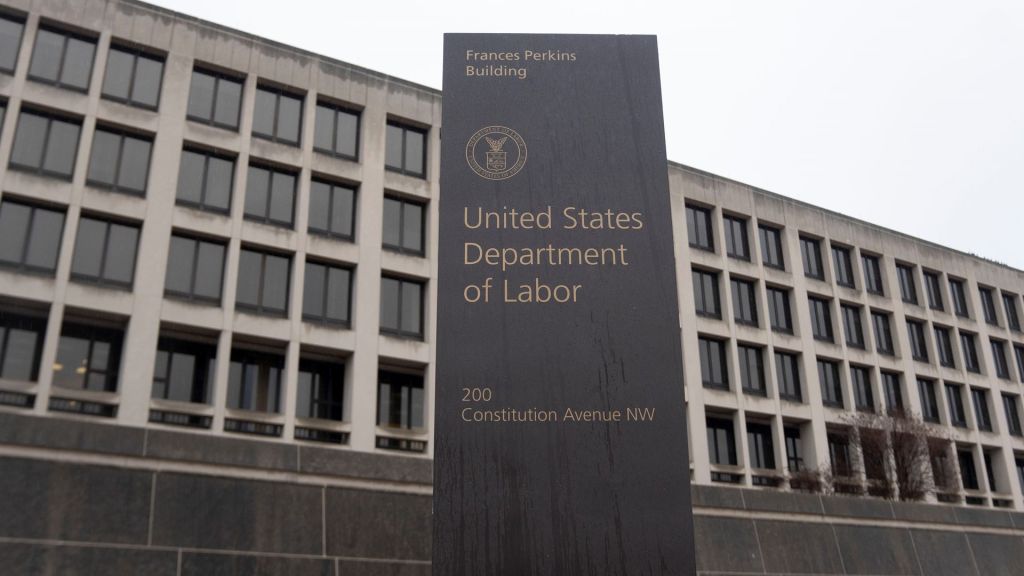
Ray Bogan:
The Supreme Court ruled in favor of a former high school football coach who lost his job after saying post-game prayers both on his own and with players. The court determined the prayer was protected free speech
In Kennedy v. Bremerton school district, the justices ruled 6-3 along idealogical lines. Justice Gorsuch wrote in the majority opinion: a government entity sought to punish an individual for engaging in a brief, quiet, personal religious observance doubly protected by the Free Exercise and Free Speech Clauses of the First Amendment. And the only meaningful justification the government offered for its reprisal rested on a mistaken view that it had a duty to ferret out and suppress religious observances even as it allows comparable secular speech. The Constitution neither mandates nor tolerates that kind of discrimination. Justices Sotomayor, Kagan and Breyer dissented.
Kennedy lost his job at the end of the 2015 season after the school district told him he could pray on his own, but students would not be allowed to join. Kennedy responded in a letter stating he would continue praying and students had a right to join. Kennedy says he still wants his job back. Straight from DC, I’m Ray Bogan.






